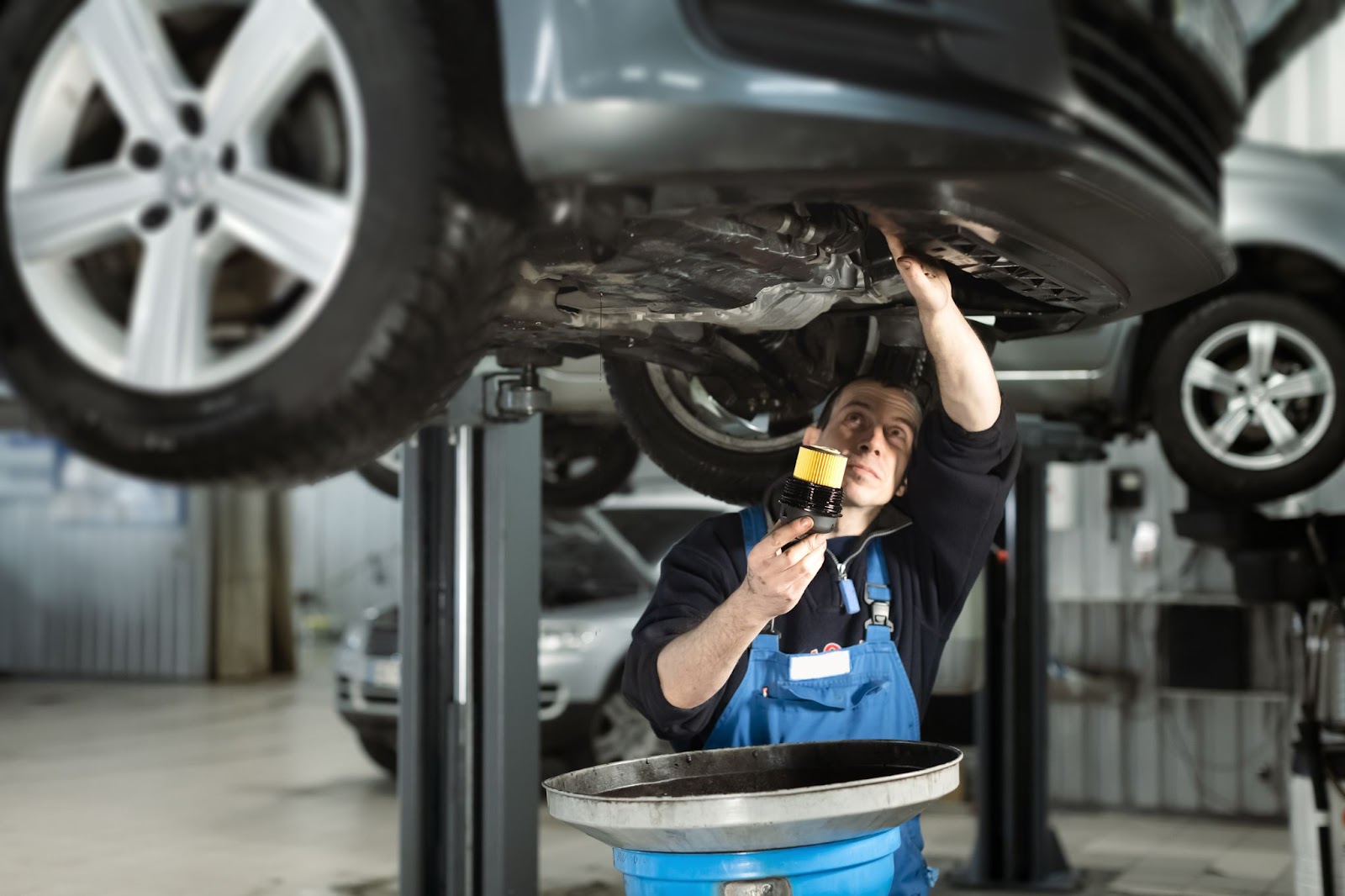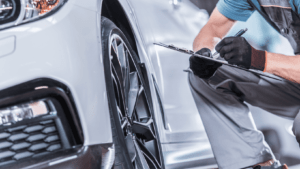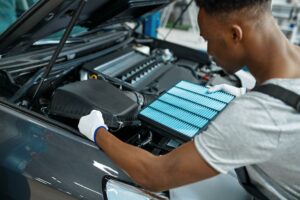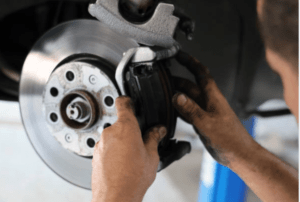While there are many ways you can save on gas, some simple tips can go a long way to improving your fuel efficiency. The average car in the US is only 30% efficient. With a few simple changes, you can improve your fuel efficiency and save money on gas!
Five steps will help you get started:
1) Improve Your Driving Habits
A common myth is that a car’s fuel efficiency declines with time. In reality, the opposite happens! The more you drive your vehicle, the better it uses less gas to go faster and cover longer distances. Improve Your Driving Habits – Car driving habits
To get even closer to this optimum level of performance, you need to keep improving your driving skills. For example, make sure you accelerate quickly and brake slowly. Avoid letting your car coast downhills. And, of course, avoid braking while driving around corners!
Gasoline is burned up rapidly when you drive quickly, and it’s also lost through braking and rapid acceleration. Poor driving behaviors can significantly impact fuel efficiency, ranging from 10% to 40%.
Under ideal circumstances, utilizing cruise control can improve fuel economy by up to 14%. These simple techniques will help reduce the amount of fuel used by each mile driven.
2) Use The Right Gasoline For Your Car
The majority of vehicles are designed to run on regular gasoline or diesel. Oil companies have worked tirelessly to promote the notion of “good and better” concerning normal, midgrade, and premium gasoline.
High-quality gas, by definition, contains more octane than regular gasoline and is more resistant to precipitation. Because they run hotter, higher-performing engines are the most prone to preignition. That is why the premium is frequently advised or required for sports and luxury automobiles.
Premium gasoline improves the performance of high-performance engines. These motors may not produce full power without premium fuel while accelerating or climbing hills. Even the most seasoned drivers may not realize the difference, especially in regular everyday driving.
The ideal gasoline for your automobile is determined by the make and model of the car. If the owner’s handbook or the fuel-filler door sticker recommends premium gas or uses similar words, you can probably use it regularly. If the premium is mentioned, use the correct octane.
3) Keep Your Tires In Good Shape
When your tires are underinflated, gasoline use can rise by up to 3%. Furthermore, if your treads aren’t correctly inflated, you risk wearing them down faster. The correct PSI for your tires should be revealed in your owner’s manual or on the tire wall.
However, ensuring the correct tire pressure can significantly improve a tire’s rolling resistance and real-world performance, even if they’re currently on a vehicle.
It’s more important to search for a tire that provides good overall performance in critical safety areas like braking, handling, and hydroplaning resistance rather than one with exceptional high-speed or low-speed traction.
4) Switch Off The Ignition
The stop-start function is now available on a wide range of vehicles. When you depress the brake pedal, the car’s computer instantly cuts off the ignition. That saves money since when you come to a halt, the engine turns off automatically. The engine restarts automatically as soon as the brake is released.
When your automobile is idling, it consumes more petrol than when you restart it, and it generates more pollution than when the car is in motion. If you’re stopped and waiting for someone next time you come to a stop, consider shutting off your engine.

5) Get Regular Oil Changes And Tire Rotations
Out-of-balance tires can result in uneven tire wear, which may lower fuel efficiency. Tire balancing and rotation should be according to the vehicle’s owner’s manual to improve fuel efficiency and traction.
Filthy air filters, spark plugs, and connections all have an impact on your fuel efficiency. Following the maintenance regimen advised by your dealership will be more efficient and release fewer greenhouse gases.
Regularly change your vehicle’s oil and check the fluids, including motor oil, tire rotations, and other essential services to maintain it in peak operating condition.
Want To Improve Your Car’s Fuel Economy
To improve your car’s fuel consumption, there are a few easy steps you can take that will make a big difference. If you’re looking for professional help or more information about our automotive services, please contact Dependable Car Care today!
We would love to hear from you and answer any questions you might have. Don’t forget to schedule an appointment with us today so we can get started on improving your car’s performance.




